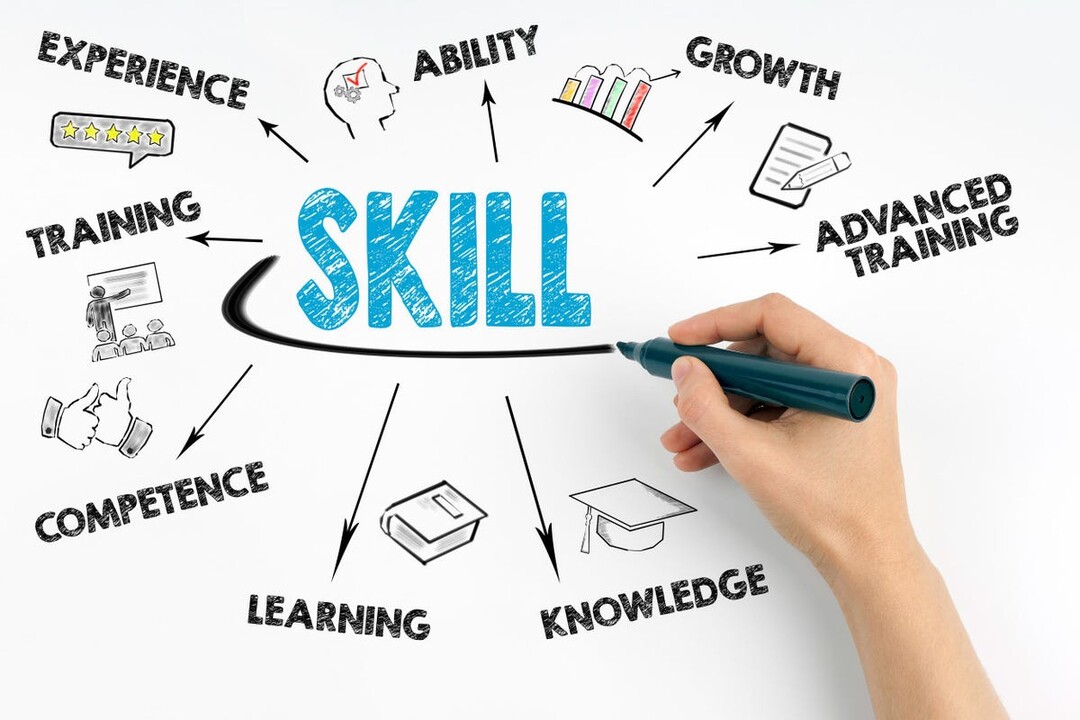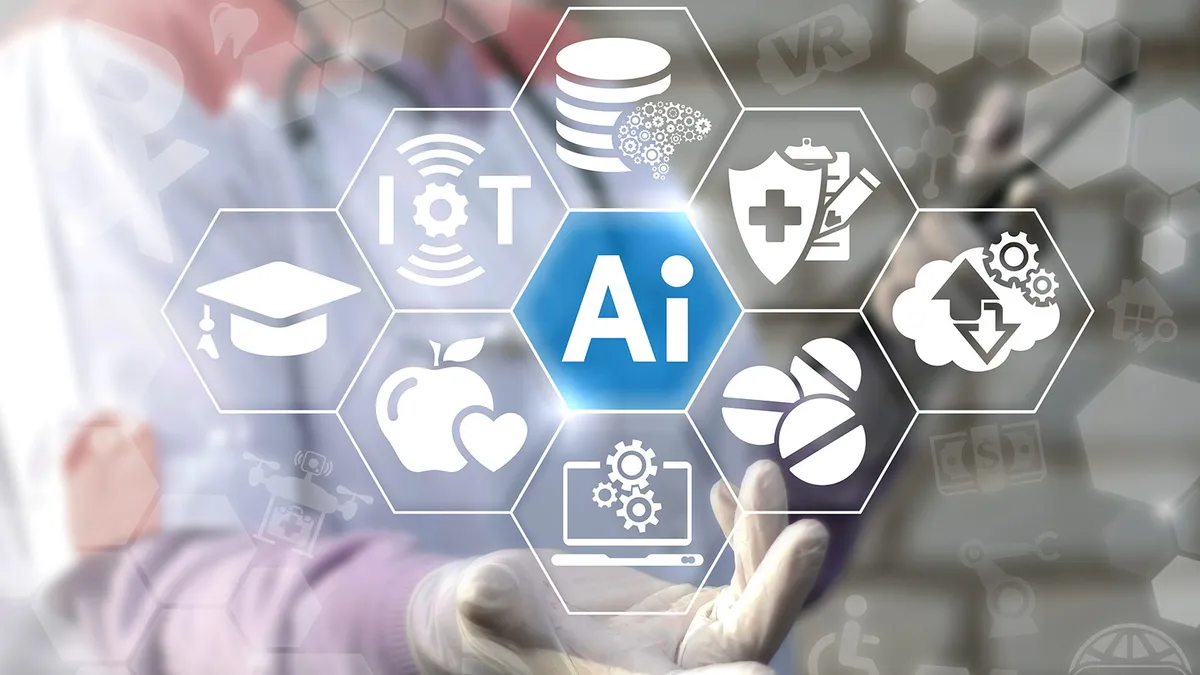AI’s Limitations: Jobs and Skills That Are Safe
By: Javid Amin
The rise of artificial intelligence has sparked widespread concern about job displacement. As AI continues to advance, it’s natural to wonder which professions are safe from automation. While AI has made significant strides in many areas, it still has limitations that prevent it from fully replacing human workers in certain roles. In this article, we’ll explore some of the jobs and skills that are likely to remain firmly in human hands for the foreseeable future.
Creative Arts: The Irreplaceable Human Touch
Creativity is a uniquely human trait that AI has yet to fully replicate. While AI can generate impressive works of art, music, and literature, it often lacks the depth of emotion, personal experience, and cultural understanding that are essential to truly creative endeavors.
- Artists: Painters, sculptors, and other visual artists rely on their personal experiences, emotions, and perspectives to create unique and meaningful works of art.
- Musicians: Composers, performers, and songwriters bring their own interpretations, emotions, and technical skills to their music, making it a deeply personal and human experience.
- Writers: Authors, poets, and screenwriters use their imagination, empathy, and understanding of human nature to create compelling stories that resonate with readers.
Healthcare: The Importance of Human Connection
Healthcare is another field where human interaction and empathy are essential. While AI can assist with tasks like data analysis and diagnosis, it cannot replace the personal connection and care that patients receive from healthcare professionals.
- Doctors and Nurses: Physicians and nurses provide compassionate care, build relationships with patients, and make complex decisions based on both medical knowledge and human intuition.
- Therapists: Psychologists, counselors, and social workers help people address emotional and psychological issues. Their ability to empathize, listen actively, and provide guidance is crucial.
- Caregivers: Home health aides, nursing assistants, and other caregivers provide essential support to individuals who need assistance with daily living activities. Their compassion and human touch are irreplaceable.
Education: The Power of Human Interaction
Education is a field that relies heavily on human interaction and personalized instruction. While AI can be used to supplement learning, it cannot replace the role of teachers in guiding students, fostering critical thinking, and inspiring a love of learning.
- Teachers: Educators play a vital role in shaping young minds, helping students develop essential skills, and preparing them for success in life. Their ability to connect with students on a personal level is invaluable.
- Tutors: Tutors provide individualized attention, helping students understand complex concepts and overcome learning challenges. Their ability to adapt their teaching style to meet the needs of each student is essential.
- Professors: University professors share their expertise, guide research, and mentor students. Their ability to inspire and challenge students is crucial for academic success.
Social Work: The Importance of Empathy and Understanding
Social workers play a critical role in helping individuals and communities address social issues. Their work requires empathy, understanding, and the ability to build relationships with people from diverse backgrounds.
- Social Workers: Social workers help people navigate complex systems, access resources, and cope with challenges. Their ability to understand the root causes of social problems and develop effective solutions is essential.
- Counselors: Counselors provide support and guidance to individuals facing personal challenges. Their ability to empathize and create a safe and supportive environment is crucial.
Vocational Trades: The Value of Human Skills
Many vocational trades require a combination of technical skills, problem-solving ability, and practical experience. While AI can automate certain tasks, it cannot replace the human judgment, creativity, and adaptability that are essential for success in these fields.
- Plumbers: Plumbers use their knowledge of plumbing systems and their practical skills to diagnose and repair problems.
- Electricians: Electricians install, maintain, and repair electrical wiring and equipment. Their work requires a deep understanding of electrical codes and safety regulations.
- Construction Workers: Construction workers use their physical skills and knowledge of building techniques to construct buildings and other structures.
Law and Order: The Need for Human Judgment
The field of law and order requires a high degree of human judgment, critical thinking, and interpersonal skills. While AI can be used to assist with tasks like legal research and document analysis, it cannot replace the human element that is essential for effective law enforcement and justice.
- Lawyers: Attorneys use their legal knowledge, analytical skills, and persuasive abilities to represent clients in court and negotiate settlements.
- Judges: Judges preside over trials, interpret laws, and make decisions that have a significant impact on people’s lives. Their ability to weigh evidence, consider arguments, and apply the law fairly is essential.
- Police Officers: Law enforcement officers investigate crimes, apprehend criminals, and maintain public safety. Their work requires a high degree of judgment, problem-solving skills, and interpersonal skills.
Research and Innovation: The Power of Human Curiosity
Research and innovation are driven by human curiosity, creativity, and a desire to make a difference. While AI can assist with data analysis and other tasks, it cannot replace the human element that is essential for groundbreaking discoveries.
- Scientists: Scientists conduct research to explore the natural world and develop new technologies. Their work requires a combination of knowledge, creativity, and perseverance.
- Engineers: Engineers design and build new products and systems. Their work requires a deep understanding of science, mathematics, and technology.
- Innovators: Innovators are individuals who come up with new ideas and develop innovative solutions to problems. Their creativity, vision, and risk-taking are essential for driving progress.
Culinary Arts: The Art of Taste and Presentation
The culinary arts are a blend of creativity, skill, and passion. While AI can assist with recipe development and menu planning, it cannot replace the human touch that is essential for creating delicious and visually appealing dishes.
- Chefs: Chefs use their culinary skills, creativity, and knowledge of flavors to create unique and delicious dishes. Their ability to taste and adjust flavors is essential for producing high-quality food.
- Pastry Chefs: Pastry chefs specialize in creating desserts and baked goods. Their work requires precision, attention to detail, and a deep understanding of baking techniques.
Customer Service: The Importance of Human Connection
Customer service is a field that relies heavily on human interaction and empathy. While AI can be used to automate certain customer service tasks, it cannot replace the personal connection and problem-solving skills that human agents bring to the table.
- Customer Service Representatives: Customer service representatives interact with customers, resolve issues, and provide assistance. Their ability to understand customer needs, empathize with their concerns, and provide effective solutions is essential.
- Support Specialists: Support specialists provide technical assistance to customers. Their ability to diagnose problems, troubleshoot issues, and communicate effectively with customers is crucial.
Bottom-Line: While AI has the potential to transform the workforce, it is important to recognize its limitations. Many jobs and skills require human qualities that AI cannot replicate, such as creativity, empathy, judgment, and problem-solving. By understanding the strengths and weaknesses of AI, we can better prepare for the future of work and ensure that human workers continue to play a vital role in our society.


